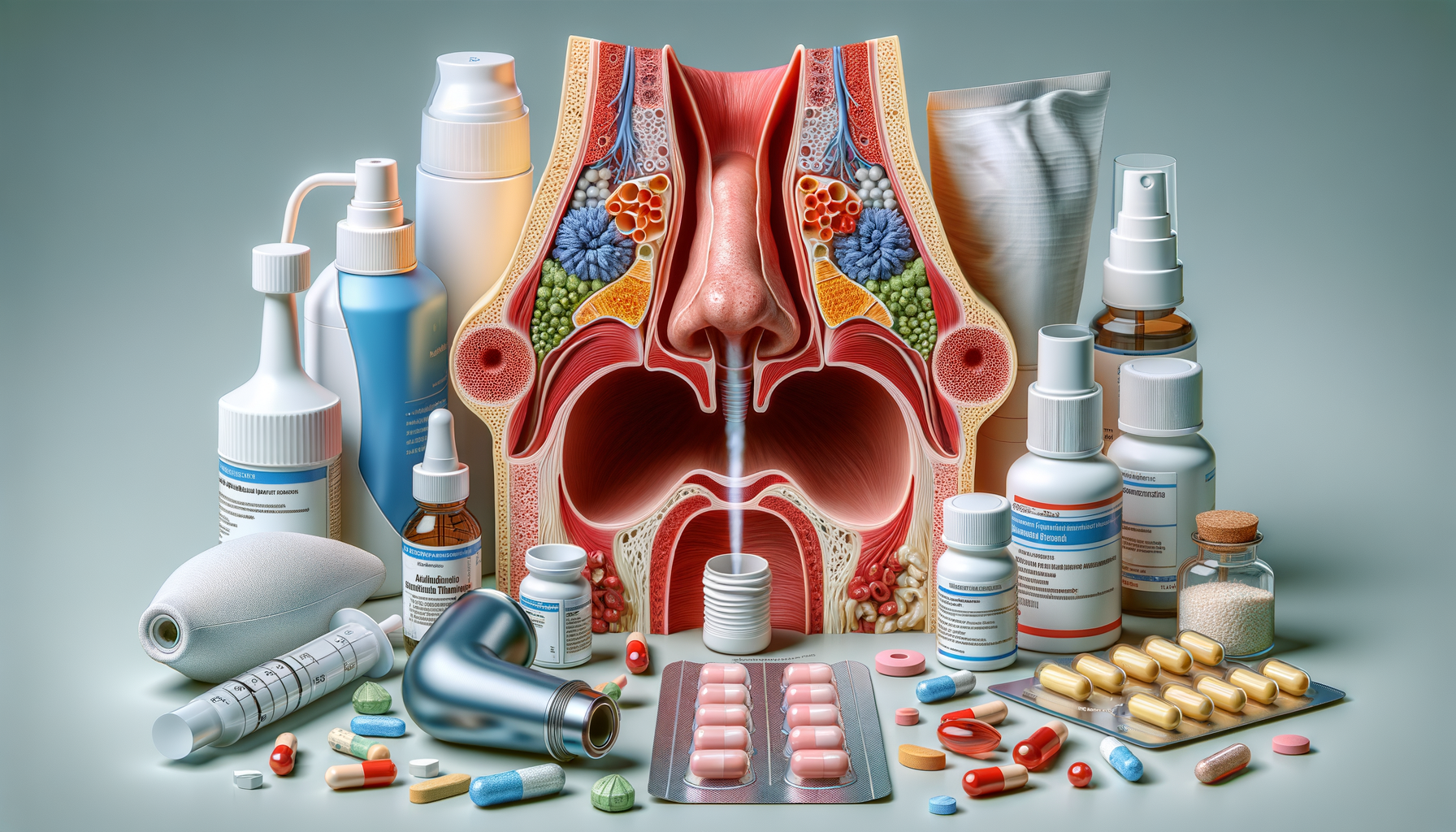Introduction to Sinus Infections
Sinus infections, or sinusitis, are a common condition affecting millions of people worldwide. These infections occur when the nasal cavities become swollen and inflamed, often leading to discomfort and a variety of symptoms. Understanding the causes and treatments of sinus infections is crucial for managing this condition effectively. By exploring various treatment options, individuals can find relief and improve their quality of life.
Causes and Symptoms of Sinus Infections
Sinus infections can be caused by a variety of factors, including viral, bacterial, or fungal infections. Allergies, nasal polyps, and a weakened immune system can also contribute to the development of sinusitis. Common symptoms include nasal congestion, facial pain, pressure, and a thick nasal discharge. In some cases, individuals may experience a reduced sense of smell, cough, or fever.
Understanding the underlying cause of a sinus infection is essential for determining the most effective treatment approach. While viral infections are the most common, bacterial infections can lead to more severe symptoms and may require different treatment strategies.
Home Remedies for Sinus Infections
Many individuals find relief from sinus infections through home remedies and natural treatments. These methods can help alleviate symptoms and promote faster recovery. Some popular home remedies include:
- Using a humidifier to add moisture to the air and prevent nasal passages from drying out.
- Applying warm compresses to the face to reduce pain and pressure.
- Drinking plenty of fluids, such as water and herbal teas, to thin mucus and promote drainage.
- Practicing nasal irrigation with saline solutions to clear out mucus and allergens.
While these remedies can be effective for mild cases, it’s important to consult a healthcare professional if symptoms persist or worsen.
Medications for Sinus Infections
When home remedies are not sufficient, medications may be necessary to treat sinus infections. Over-the-counter options include decongestants and antihistamines, which can help reduce nasal congestion and alleviate allergy-related symptoms. Pain relievers such as ibuprofen or acetaminophen can also be used to manage pain and fever.
In cases of bacterial sinus infections, a healthcare provider may prescribe antibiotics. It is important to complete the full course of antibiotics as prescribed to ensure the infection is fully eradicated. For chronic or severe sinusitis, other medications like corticosteroids may be recommended to reduce inflammation.
Lifestyle Changes and Prevention
Adopting certain lifestyle changes can help prevent sinus infections and improve overall sinus health. These changes include:
- Avoiding known allergens and irritants that can trigger sinusitis.
- Maintaining good nasal hygiene through regular cleaning and moisturizing.
- Ensuring adequate hydration to keep mucous membranes moist.
- Practicing good hand hygiene to prevent the spread of infections.
By incorporating these habits into daily life, individuals can reduce the frequency and severity of sinus infections, leading to better long-term health outcomes.
Conclusion: Taking Control of Sinus Health
Sinus infections can be a significant source of discomfort, but with the right approach, they can be effectively managed and even prevented. By understanding the causes and exploring various treatment options, individuals can find relief from symptoms and improve their quality of life. Whether through home remedies, medications, or lifestyle changes, taking proactive steps can make a significant difference in sinus health.








